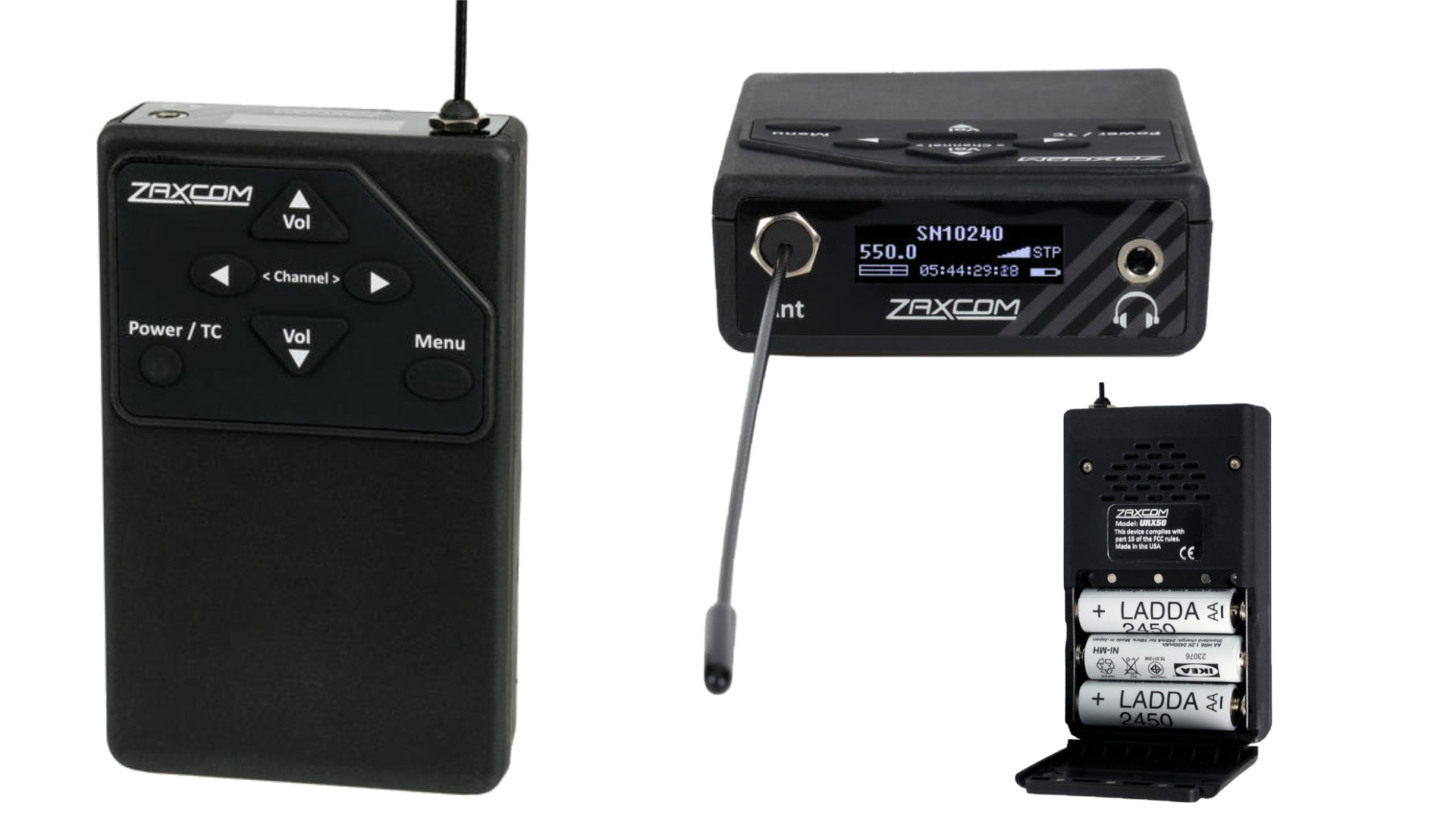AT&T has shifted its Cricket prepaid brand to a 100% authorized retailer model, according to Wave7 Research. That means the phones and services that are sold through brick and mortar stores are strictly through dealers and not corporate-owned stores.
A spokesperson for Cricket confirmed to Fierce that all Cricket branded stores are owned/operated by authorized retailers, of which there are about 4,400 currently.
“Due to changes in buying behavior around COVID, we accelerated our decision to close our company owned stores. They were a very small portion of overall portfolio,” the Cricket spokesperson said.
According to Wave7 Research, there were still two Cricket corporate stores open as of November 1, and that was down from about 111 stores a year ago.
The research firm recently reported that Cricket and AT&T Prepaid are no longer being sold at Best Buy. SIMs from Cricket and AT&T Prepaid are available there and can be activated with unlocked phones.
Besides online, Cricket continues to be sold at Walmart and Target, and this past summer it also launched sales via multi-carrier independent dealers, according to Jeff Moore, principal of Wave7.
The number of brick and mortar stores is shrinking overall for wireless retail. Cricket, Metro by T-Mobile and Boost Mobile, which is now owned by Dish Network, are pretty much in the same boat in that the majority of their stores are run by dealers.
RELATED: Metro by T-Mobile dealer concerns ‘not going away’
AT&T completed the acquisition of Leap Wireless, which operated the Cricket brand, in 2014, when it promised to shake up the no-contract segment. Currently, nearly 40% of AT&T stores are corporate and Moore said it will be worth watching whether that number holds or falls.
Last month, the Communications Workers of America (CWA) union said AT&T was closing 320 company-owned AT&T Mobility retail stores in November and December, affecting more than 1,600 workers. AT&T didn’t confirm those numbers, but the operator has said store closures are part of a larger trend as more people are comfortable buying devices and services online, a practice that started before Covid.
RELATED: AT&T closing hundreds more stores
Interestingly, shifting to an authorized retailer model was one of the recommendations from activist hedge fund Elliott Management, which conducted a searing critique of AT&T back in September 2019. The firm suggested at the time that AT&T should evaluate greater use of authorized retailers, an area where it “significantly lags competitors today.” Elliott recently signaled its exit of AT&T.













